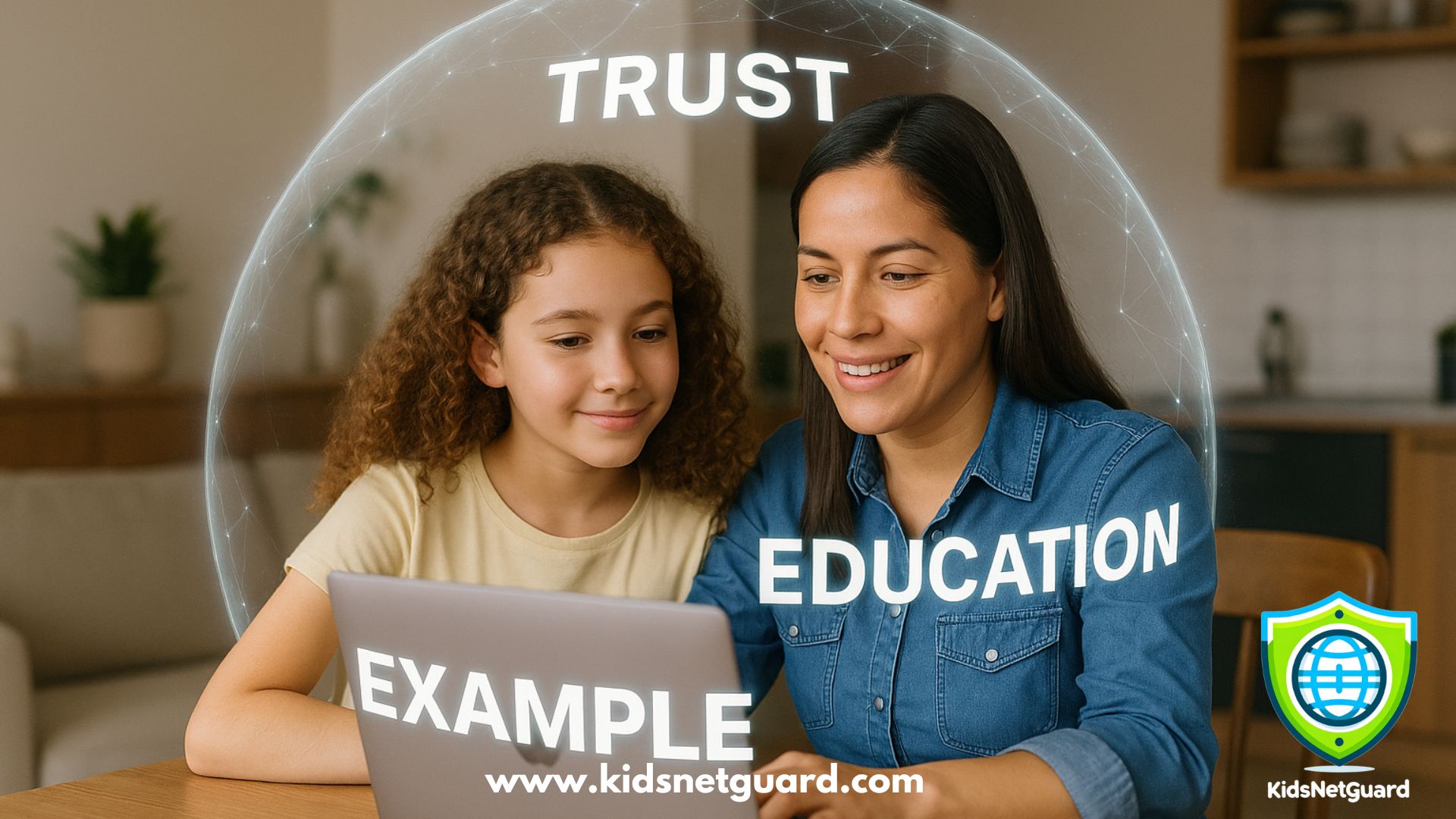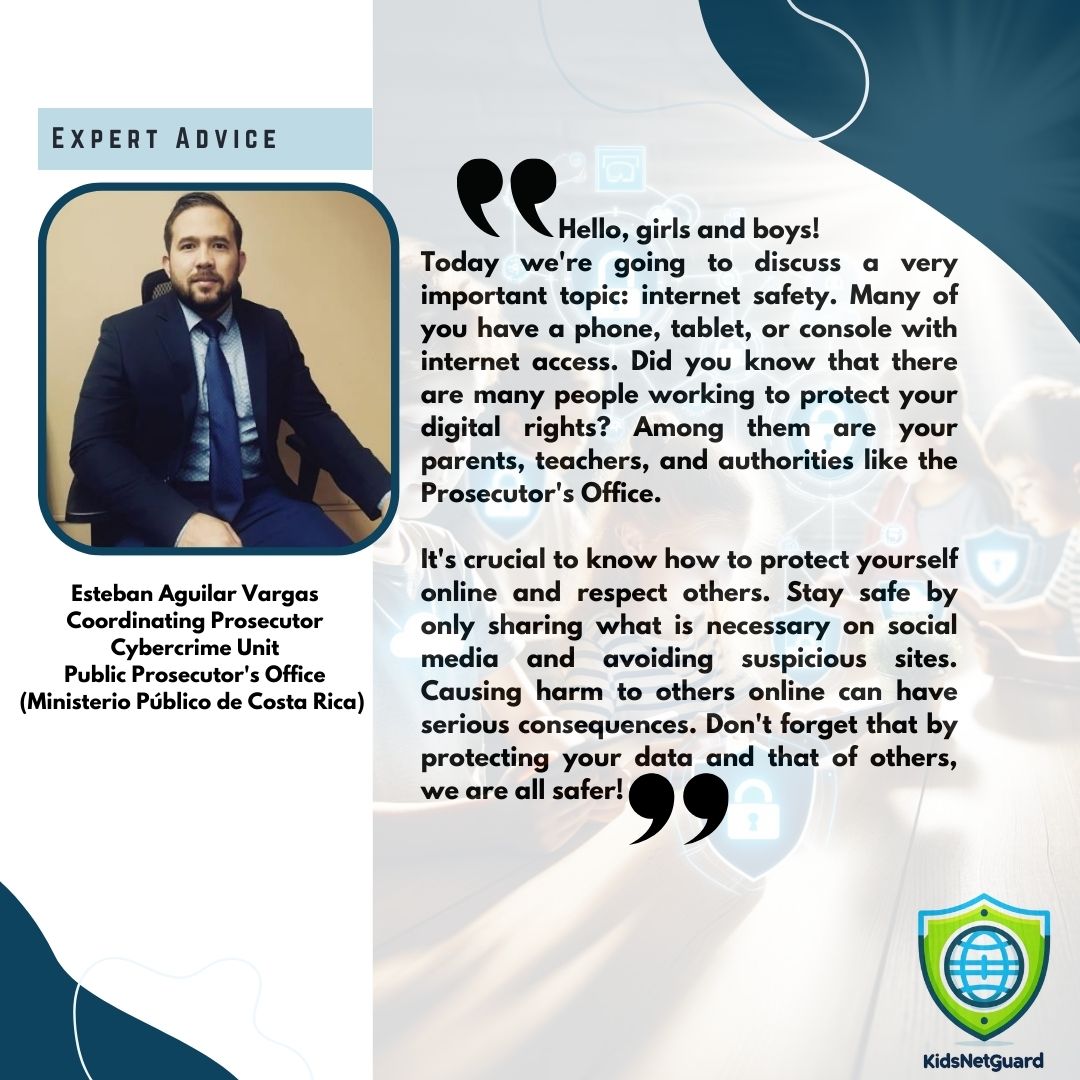Comprehensive protection for minors in the digital environment: A call to action for companies, institutions, and governments
In the digital age, the responsibility of ensuring a safe environment for minors to interact online falls not only on parents and educators but also on social media platforms, online game developers, and streaming service providers. These entities, along with governments and other regulatory bodies, play a crucial role in implementing measures that protect minors and prevent crimes in the digital environment.
Companies must adopt a proactive approach to protecting minors, which includes the proper classification of accessible content, the development of technologies to filter inappropriate content, robust parental control tools, and the implementation of algorithms that detect and prevent abusive behaviors. Additionally, they should facilitate simple and practical tools and processes for reporting inappropriate content, suspicious profiles, and blocking users. However, they face several significant challenges: increasingly, children interact online at younger ages and easily bypass measures such as minimum age filters, requiring more advanced and dynamic solutions. Effective and rapid content moderation is a considerable challenge due to the large number of active users. Furthermore, it is essential to implement parental controls and monitoring tools without compromising user privacy, and to create algorithms that evolve with new tactics of online abuse and exploitation, which is complex and costly. Transparency in managing young users’ data and offering tools for privacy management are also crucial.
Governments and public entities have an equally important mission in this task. They must establish and enforce strict regulations that protect minors online. This begins with promoting solid legislation that regulates the minimum age for accessing certain platforms and demands stricter age verifications. Additionally, it is vital to foster international collaboration to combat cybercrime, as digital crimes transcend borders and require a coordinated global response.
On the other hand, education and awareness play a fundamental role. It is necessary to implement educational programs that teach parents, educators, and young people about cybersecurity and responsible internet use. Only through education and awareness can we build a culture of digital security that empowers all stakeholders to protect minors in the vast and often unpredictable digital world.
It is imperative that all involved parties — from technology developers to government regulators — collaborate to create a safe digital environment for children. Only through a joint effort can we establish a safer and more protected internet for future generations.
We invite all companies and institutions to join this critical mission and prioritize the safety of our minors in the digital environment.








